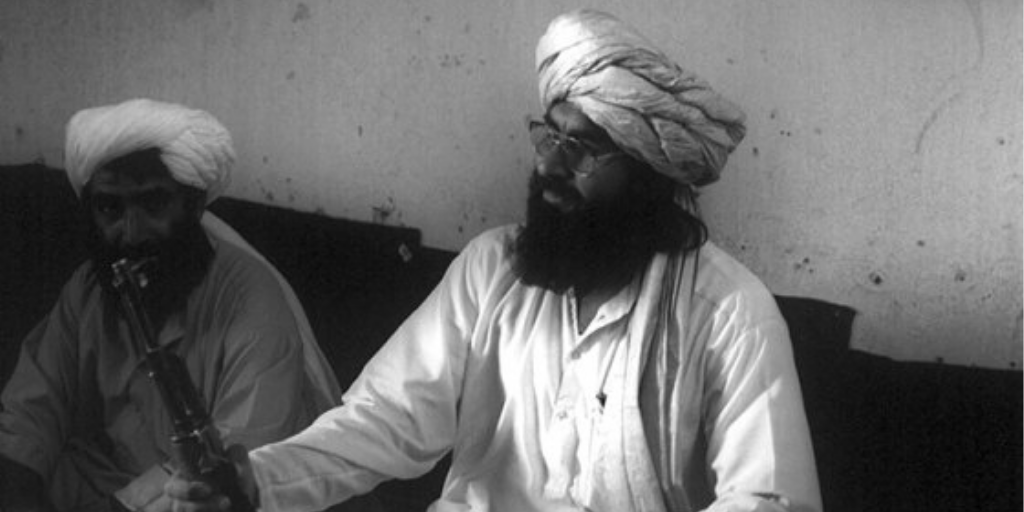I’ve written before about the concept of tsundoku, and I must admit that I am an avid practitioner. The fact that I have a pile of books waiting to be read is no obstacle to me buying more books. I have a modest collection of about 1500 books that are prominently displayed throughout my house. … Continue reading A Tour of my Bookshelves
Review: The Wandering Falcon
Hope does not die like an animal – quick and sudden. It is more like a plant, which slowly withers away. -“The Wandering Falcon,” by Jamil Ahmad There is no other book written in English that captures the spirit of the Pashtun people as well as “The Wandering Falcon” by Jamil Ahmad. Although I have … Continue reading Review: The Wandering Falcon
The Taliban Layeha
In 2006, the Swiss newspaper Die Weltwoche published a fascinating document that they had acquired in Afghanistan – a set of “rules” for the Taliban. Although it is a very loosely organized group, with many claiming membership who don’t necessarily report to the leadership council, this was an interesting development. The Taliban still refer to … Continue reading The Taliban Layeha
The Concept of Tsundoku
Have you ever been excited about a new book you’ve bought, only to bring it home and place it on an ever-growing stack of unread books? If so, you might be an unknowing practitioner of tsundoku. I’ve already written about the Japanese concept of wabi-sabi in an earlier post. Tsundoku is another Japanese concept that we … Continue reading The Concept of Tsundoku
The Poetry of the Taliban
At your Christmas, Bagram is alit and bright, On my Eid, even the rays of the sun are dead, Suddenly at midnight, your bombs bring the light, In our houses, even the oil lamps are turned off. On Eid, by Khepulwaak Afghanistan is a country of poets. “The Poetry of the Taliban” would seem to … Continue reading The Poetry of the Taliban
The Deadly Jezail
The military might of the British Empire was not easily challenged in the 19th century, and yet they were soundly defeated during the First Anglo-Afghan War (1839-1842). This is quite remarkable when you consider that Afghanistan at the time had no standing army, and no formal military industry to manufacture firearms. Part of the reason … Continue reading The Deadly Jezail






